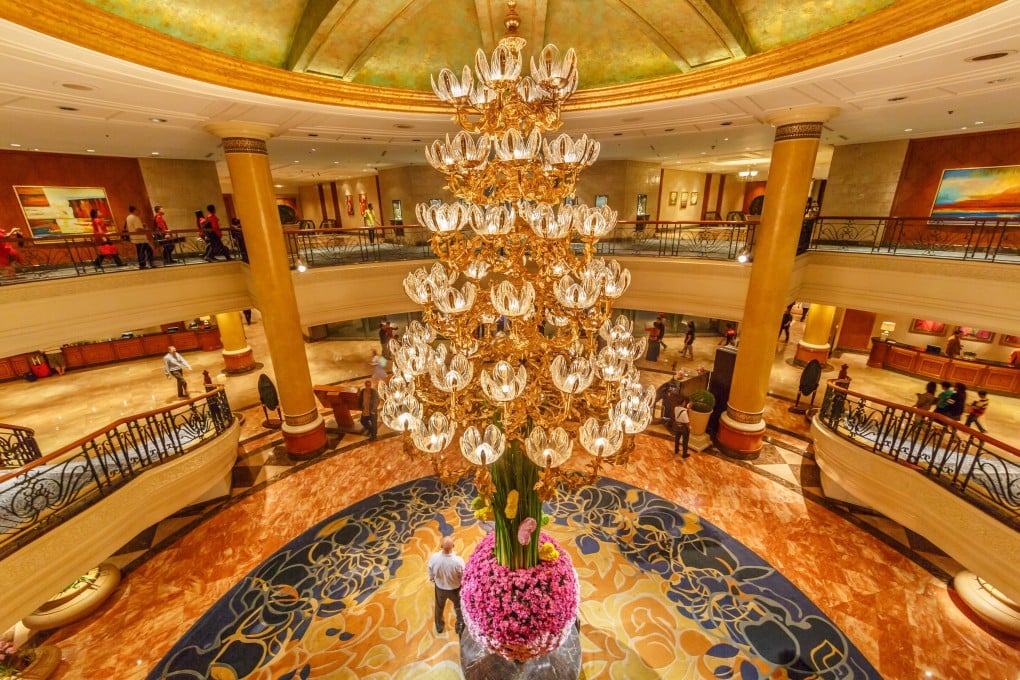Why do hotels smell so good? Signature scents and custom perfumes remind people of where they’ve travelled
- Guests at any Shangri-La will be greeted by a scent that’s ‘fresh and subtly Asian’, while every Sofitel smells like ‘an afternoon in the South of France’
- A signature scent helps trigger memories of what were hopefully magical times, one perfumer says

As I write this, I am at Halcyon House, in Cabarita Beach, Australia.
Not literally – the global pandemic will not allow it – but figuratively, as the hotel’s “signature scent” wafts from the lighted candle on my desk.
Our sense of smell is a strong memory trigger, scientists have found. That appealing fragrance you notice when you arrive at a great hotel is not only an olfactory welcome, it can stay with you (hopefully in a positive way) for years after the trip.
“A signature scent expresses a venue’s character. It’s an added dimension that becomes an emotive recall of memories of magical times,” says Azzi Glasser, a perfume designer who has created scents for the Rosewood Bangkok in Thailand and the Chiltern Firehouse in London, Britain.

Since 2001, when Hotel Costes, in the French capital of Paris, adopted a fragrance “inspired by an ironwood piece of furniture from the Ming dynasty that emits scents of liquor, mild tobacco and wet stone”, hotels have increasingly been commissioning custom-made smells.